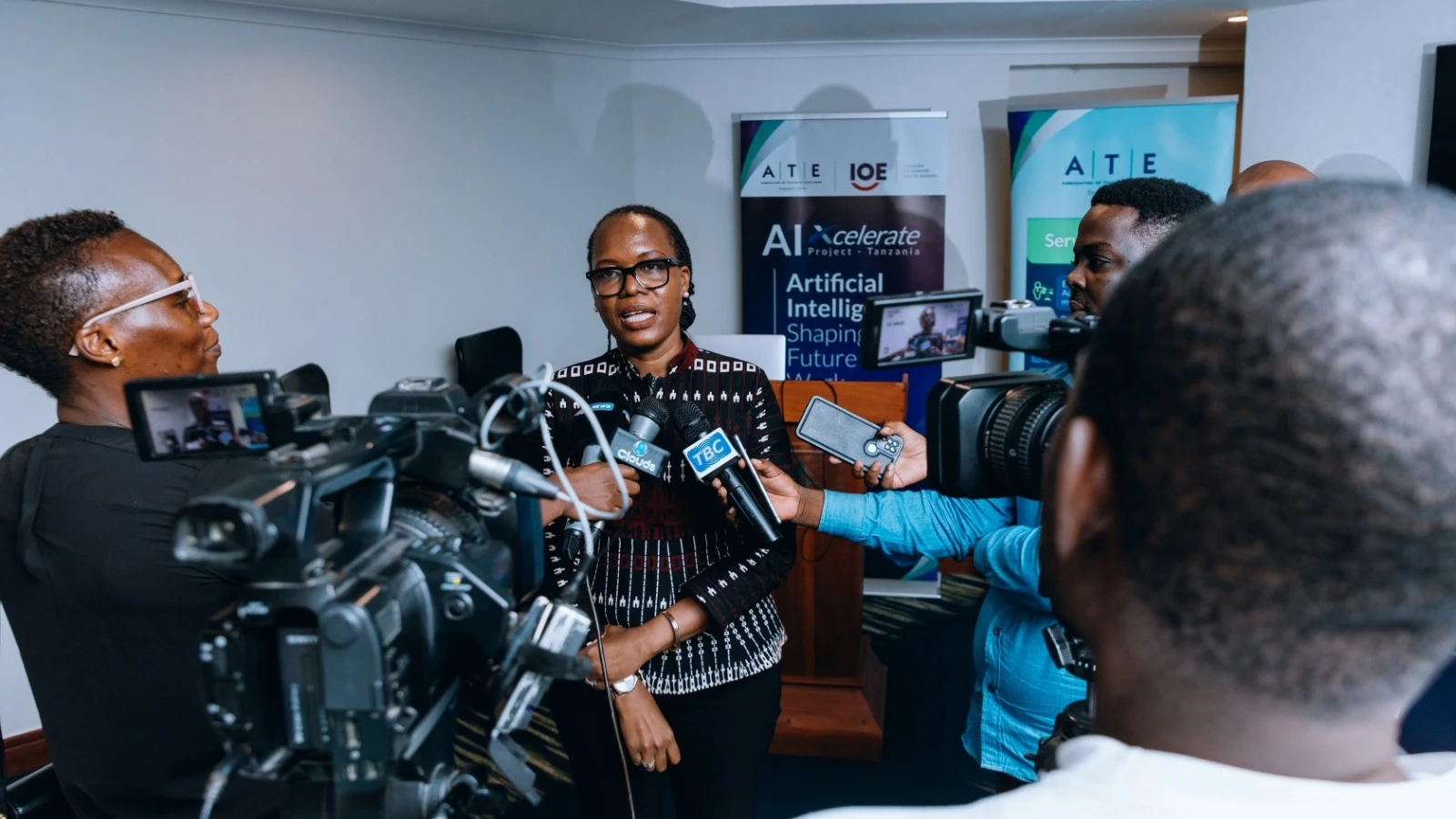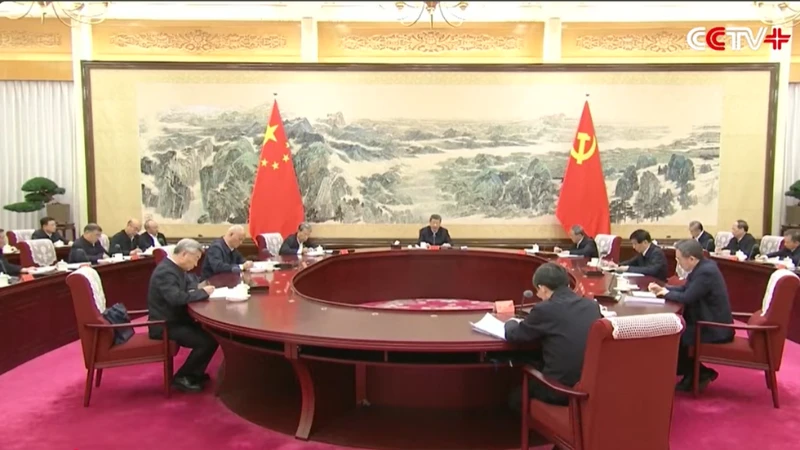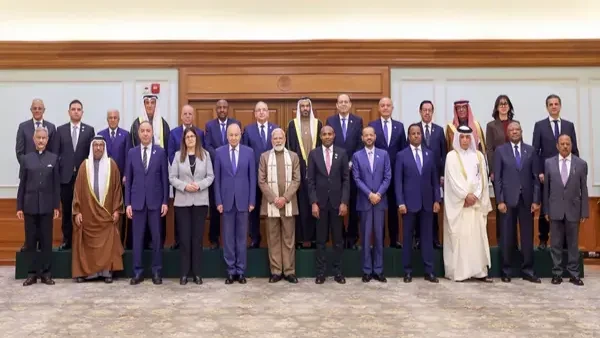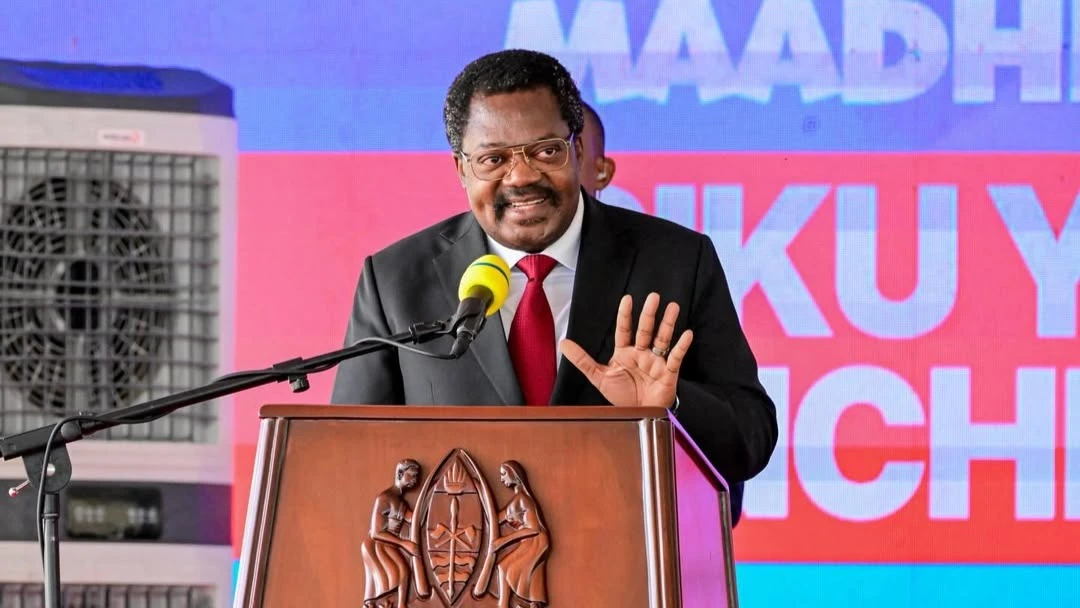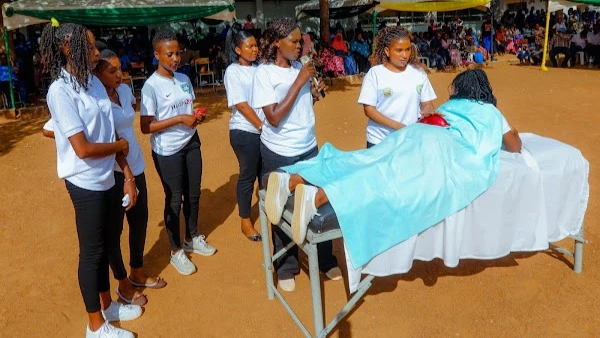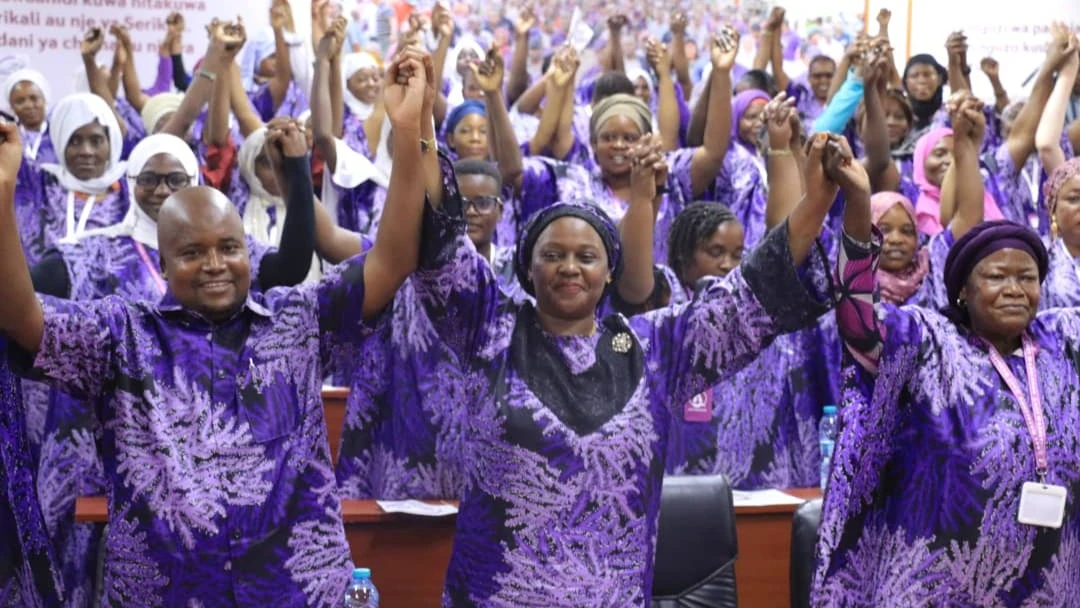Empowering Tanzania’s youth with digital skills for a brighter tomorrow
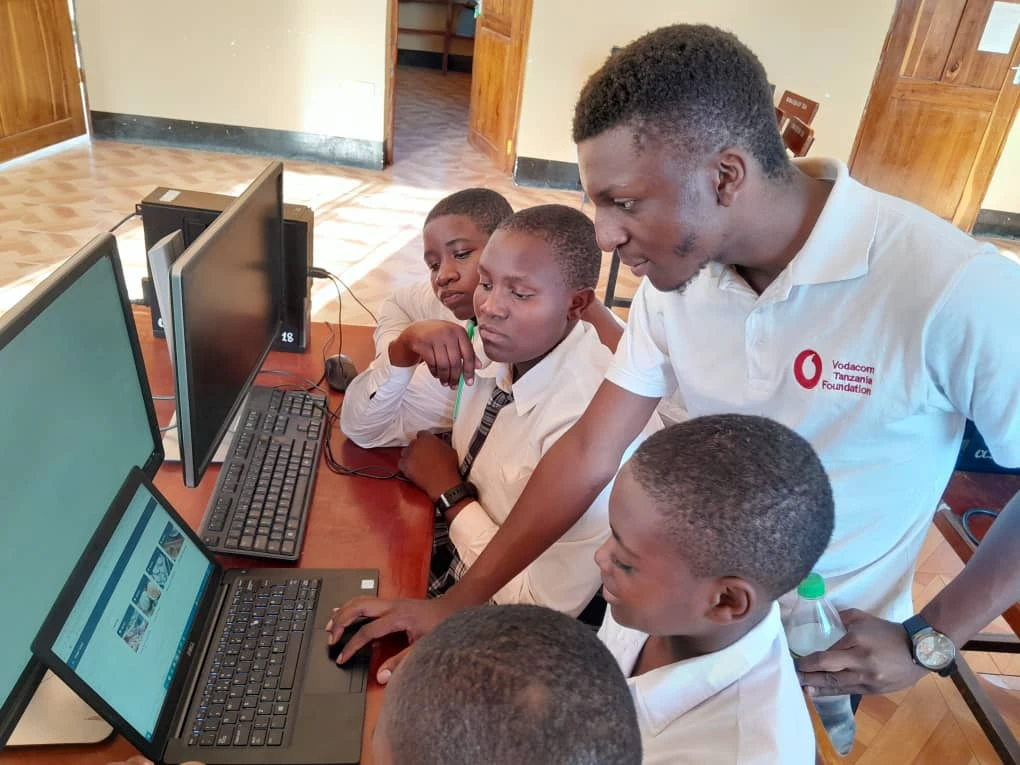
TANZANIA is on the verge of a digital transformation with the potential to reshape its economy and society. Yet, while urban centres buzz with technological advances, many rural areas remain starkly disconnected. This digital divide is not merely about access but also about acquiring the crucial skills needed to excel in today’s technology-driven world.
The World Economic Forum’s Future of Jobs Report 2023 underscores a pressing reality: by 2025, half of all employees will need reskilling due to the rapid pace of technological change. In Tanzania, this challenge is particularly acute among the youth, who face a significant digital skills gap. Bridging this divide is essential for fostering inclusive growth and advancing the nation’s digital economy.
Tanzania’s digital landscape paints a stark contrast. While urban areas are advancing with 5G services, many rural communities still rely on outdated 2G and 3G networks. This disparity is compounded by high costs for internet-enabled devices, low levels of digital literacy, distrust in digital platforms, insufficient online privacy protections, and erratic electricity supply.
The 2020 Tanzania Youth Digital Summit revealed a striking statistic: 41 percent of attendees were unaware of the internet’s benefits, while an overwhelming 99 percent recognized the need for improved digital skills to enhance their business and career prospects.
The Digital Skills Gap Index (2021) places Tanzania 13th out of 26 African countries, with a meager score of 3.3 out of 10. Furthermore, the GSMA’s 2023 report highlights that about 40 percent of those with mobile broadband access are not utilizing mobile internet services, revealing critical barriers to digital adoption.
Addressing these challenges requires a collaborative effort from both public and private sectors. Vodacom Tanzania is leading the charge with innovative initiatives designed to close the digital skills gap.
One standout initiative is Vodacom’s 'Code Like a Girl' programme, which empowers young women by introducing them to coding and STEM careers. This program is vital for increasing digital inclusion and building a future workforce equipped with the skills needed for tomorrow’s technology-driven jobs.
Mariam Rajabu, a participant with hearing impairment, shares her excitement: “I’ve always been fascinated by how computers work. This training has opened up new possibilities for me. We’ve learned how to create websites and use technology to reach our goals. I’m thrilled about how these skills can help me in the future and make a difference in my community.”
Another key player is the e-Fahamu platform offered free of charge for Vodacom customers courtesy of the Vodacom Tanzania Foundation, thus enhancing digital skills among students across Tanzania. By providing online educational content, e-Fahamu enables students and teachers to engage with digital tools, improving their tech proficiency and access to both learning and teaching material. As students interact with e-Fahamu to access materials and complete assignments, they gain valuable skills like information retrieval, online collaboration, and digital literacy, preparing them for future careers in a tech-centric world.
Elisha Lazaro, a student at Mgama Secondary School in Iringa Region, shares: "e-Fahamu programme has been a tremendous help to us. I can now use a computer to learn and easily access educational resources online. Through the e-Fahamu website, we’re able to find valuable information and enhance our studies."
Earlier this year, Vodacom Tanzania hosted the ‘Future Ready Summit,’ a dynamic event that united tech enthusiasts, industry experts, and dignitaries from across the continent and abroad. This summit was more than just a showcase of technological innovation; it provided practical insights and hands-on experiences that sparked a deeper interest in digital skills among young Tanzanians. Moreover, at a side event during the Summit, Vodacom and Huawei signed an MoU for the acceleration of digital education in public schools across the country.
Philip Besiimire, firm’s managing director, emphasizes: “We are dedicated to bridging the digital divide and empowering the next generation with essential digital skills. Supporting initiatives such as ‘Code Like a Girl,’ the Future Ready Summit, Innovation Week Tanzania, the Vodacom Digital Accelerator, and the Foundation’s e-Fahamu platform, is part of our broader mission to ensure that every Tanzanian has access to the tools and opportunities needed to thrive in the digital age. By investing in education and fostering inclusivity, we are contributing to a more equitable society and driving innovations that will shape Tanzania’s future.”
Despite the progress made, the journey to fully bridge the digital divide is ongoing. It requires continued collaboration between the public and private sectors, focused investments in education, and a commitment to ensuring that every young person, regardless of their background, has the chance to thrive in a digital world.
By prioritising digital literacy and fostering innovation, Tanzania can unlock the full potential of its youth, driving sustainable growth and paving the way for a future where every citizen can participate and succeed in the digital economy. Together, we can build a brighter, more equitable future for Tanzania—one where no one is left behind in the race toward digital transformation.
Top Headlines
© 2026 IPPMEDIA.COM. ALL RIGHTS RESERVED











